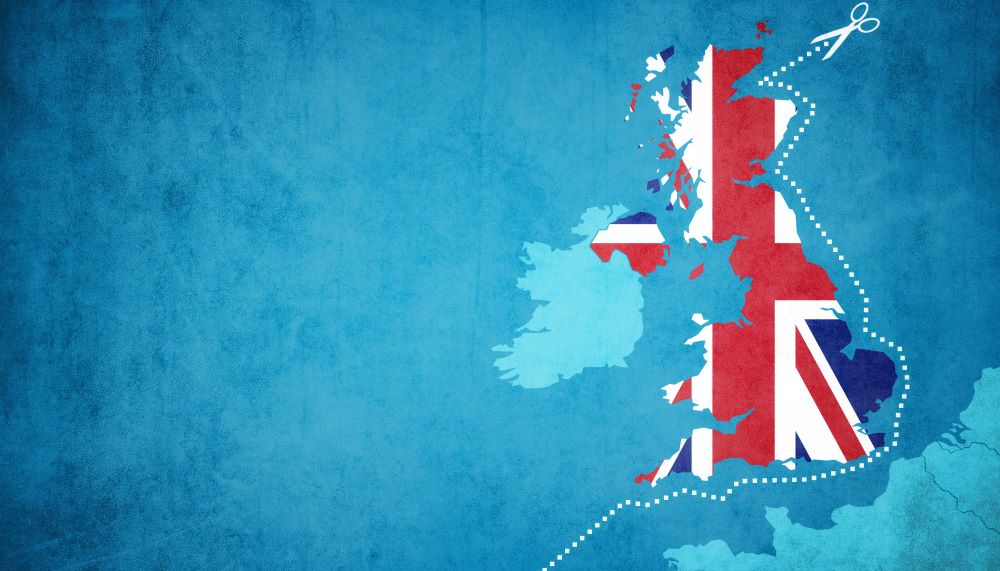
The minister in charge of post-transition border preparations has said that UK firms have their “heads in the sand” and are unprepared for changes to UK-EU trade post-transition, reports the BBC.
Addressing the Treasury Committee on the question of business readiness, Treasury and Cabinet Office Minister Lord Agnew said that if businesses haven’t engaged in the process and understood the new processes from 1 January, it was their responsibility. “Ultimately, the government can only do so much,” he said.
Shot across the bows
Lord Agnew observed that “traders are not as ready as they should be… and if there is one headline that I hope comes out of this appearance today, it is to send another shot over traders’ bows to warn them that it is their businesses that are at stake from the first of January and they really must engage in a more energetic way”.
Business groups are unhappy with this accusation, the FT reports, with Food and Drink Federation (FDF) CEO Tim Rycroft tweeting sarcastically: “A ‘head-in-the-sand approach by traders’? That’ll go down well.”
Common sense and compromise
CBI deputy director general, Josh Hardie, said firms were “doing all they can to prepare for Brexit”, but there needed to be “common sense and compromise” from the UK and EU.
He said the best way to help preparations was for the UK and EU to agree a deal in the coming weeks as it will “give businesses more certainty on what they need to prepare for and allow government to focus on the key actions that will protect jobs”.
With less than 80 days until the end of the transition period, the government’s own polling showed that a third of businesses expect there to be an extension after 31 December, the FT reported.
Range of assistance
The government has implemented a range of measures to help businesses prepare for the changes they face from 1 January 2021. Firms that move goods between Great Britain and Northern Ireland can access the Trader Support Service for education and guidance.
An investment of £470 million in ports infrastructure has been announced, and up to ten freeports offering tax breaks and more relaxed customs procedures are expected.
On Tuesday, a £77.6m deal with ferry companies was announced by the Department for Transport to ensure that medicines and others critical goods will continue to be delivered into the UK whatever the outcome of negotiations with the EU.



